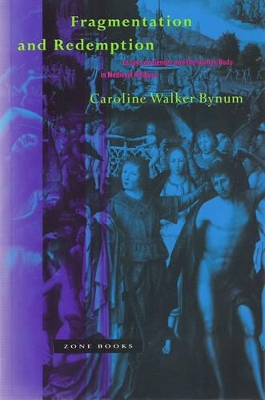These seven essays by noted historian Caroline Walker Bynum exemplify her argument that historians must write in a "comic" mode, aware of history's artifice, risks, and incompletion. Exploring a diverse array of medieval texts, the essays show how women were able to appropriate dominant social symbols in ways that revised and undercut them, allowing their own creative and religious voices to emerge. Taken together, they provide a model of how to account for gender in studying medieval texts and offer a new interpretation of the role of asceticism and mysticism in Christianity. In the first three essays, Bynum focuses on the methodological problems inherent in the writing of history. She shows that a consideration of medieval texts written by women and the rituals attractive to them undermines the approaches of three 20th-century intellectual figures-Victor Turner, Max Weber, and Leo Steinberg-and illustrates how other disciplines can enrich historical research. These methodological considerations are then used in the next three essays to examine gender proper. While describing the "experiential" literary voices of medieval women, Bynum underlines the corporality of women's piety and focuses on both the cultural construction and the intractable physicality of the body itself. She also examines how the acts and attitudes of men affected the cultural construction of categories such as "female," "heretic," and "saint" and shows that the study of gender is the study of how roles and possibilities are conceptualized by both women and men. In the final essay, Bynum elucidates how medieval discussions of bodily resurrection and the obsession with material details enrich modem debates over questions of self-identity and survival.
- ISBN10 0942299620
- ISBN13 9780942299625
- Publish Date 11 February 1992 (first published 1 November 1990)
- Publish Status Active
- Publish Country US
- Imprint Zone Books
- Format Paperback (US Trade)
- Pages 432
- Language English
- URL http://mitpress.mit.edu/9780942299625
